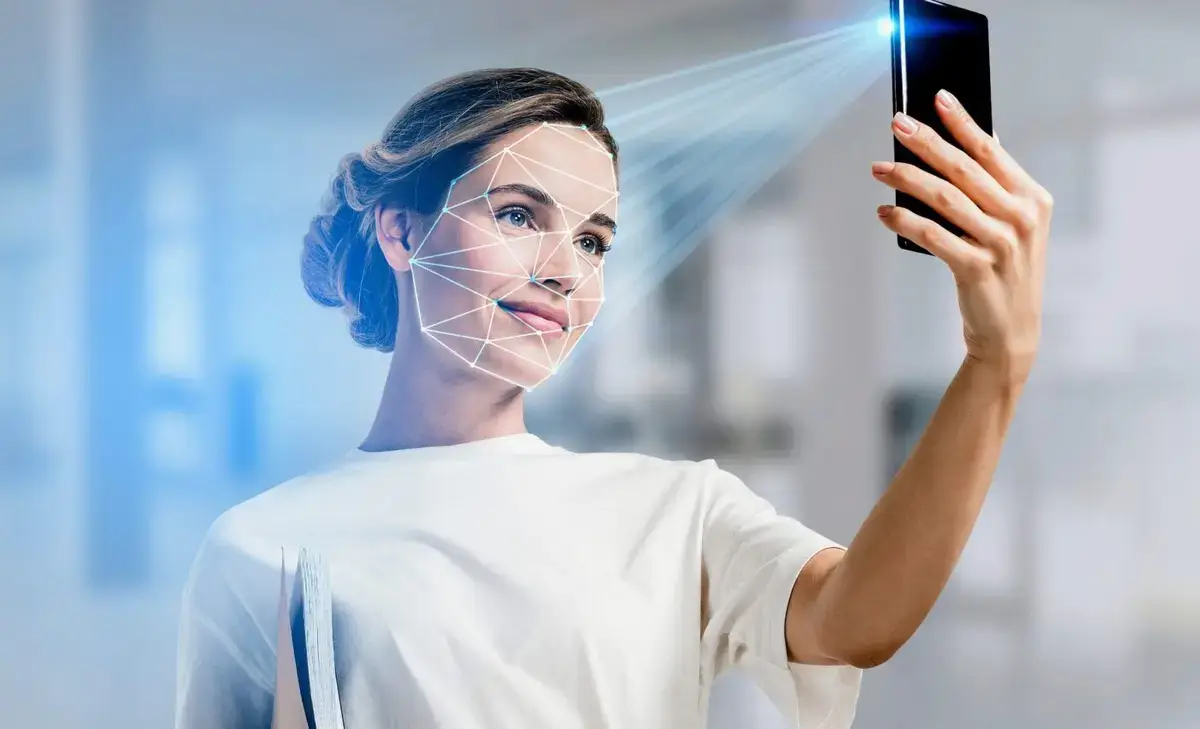The healthcare sector is experiencing a rapid transformation through the integration of artificial intelligence (AI), leading to the development of innovative tools that can assess and predict patient health in unprecedented ways. Among these advancements, FaceAge AI stands out as a novel tool that utilizes facial photographs to estimate a person's biological age and provide insights into their overall health.
FaceAge AI, developed by researchers at Mass General Brigham and Harvard Medical School, is a deep learning system that analyzes facial images to estimate an individual's biological age. Unlike chronological age, which simply counts the years a person has lived, biological age reflects the cumulative impact of genetics, lifestyle, and environmental factors on the body. This AI-driven system employs advanced image processing and machine learning techniques to detect subtle facial changes that correspond to biological aging, such as skin elasticity, bone density, and muscle tone.
The development of FaceAge AI involved training the system on a vast dataset of over 58,000 facial images from healthy individuals. The AI model uses face detection and feature extraction techniques to estimate how old someone looks biologically. It was also tested on 6,196 cancer patients across multiple hospitals in the United States and Europe. The study adjusted for ethnicity as a covariate in the multivariable analysis of the Harvard clinical datasets.
One of the most significant findings is FaceAge's ability to predict cancer survival more accurately than traditional metrics like chronological age. The study divided cancer patients into three major groups: curative, thoracic, and palliative. In all three groups, FaceAge consistently outperformed chronological age in predicting survival outcomes. Higher FaceAge scores were linked to significantly lower survival rates in the curative group, suggesting that patients who appear biologically older are less likely to survive despite aggressive treatment. For thoracic cancer patients, FaceAge provided more accurate survival predictions, even when doctors had full clinical data. In patients receiving end-of-life care, FaceAge improved survival predictions when integrated with established clinical tools. FaceAge was found to be genetically associated with senescence genes, which are linked to cellular senescence. Chronological age showed no such correlation.
In a study, FaceAge demonstrated an impressive 81% accuracy rate in predicting cancer outcomes, surpassing both traditional methods and doctors' predictions in survival assessments. When clinicians and researchers were asked to estimate survival based on patient photos, their predictions were only slightly better than chance. However, when FaceAge data was added, the accuracy significantly improved, raising prediction reliability from 61% to 80%. Interestingly, the AI tool alone outperformed doctors' predictions, scoring 81%.
FaceAge has the potential to revolutionize how oncologists assess patient fitness for treatment. By providing a clearer picture of biological aging, it could lead to more precise and personalized treatment strategies. It could also be used to stratify patients more effectively, improving the quality of clinical research. Furthermore, FaceAge offers a non-invasive, image-based method for ongoing health assessments. FaceAge could help doctors make more objective treatment decisions, particularly in cancer care, where risks and benefits must be weighed carefully. It could also support personalized medicine and clinical trials by offering a consistent measure of patient health.
Despite its potential, FaceAge also raises several ethical concerns. The use of facial images to assess health introduces privacy risks, as this data could be misused by employers, insurers, or even governments. There's also uncertainty about whether FaceAge performs equally across races, age groups, and genders. The AI model might produce biased results if not properly calibrated for different demographics. Researchers have also warned of potential misuse by insurance firms or employers to make decisions about individuals based on facial data. Strong regulatory oversight and further assessments of bias in the performance of FaceAge across different populations is essential.
FaceAge is not yet ready for routine clinical use and requires further validation in more diverse populations before it can be widely adopted. The researchers are testing this technology to predict diseases, general health status, and lifespan. Follow-up studies include expanding this work across different hospitals, looking at patients in different stages of cancer, tracking FaceAge estimates over time, and testing its accuracy against plastic surgery and makeup datasets.

















